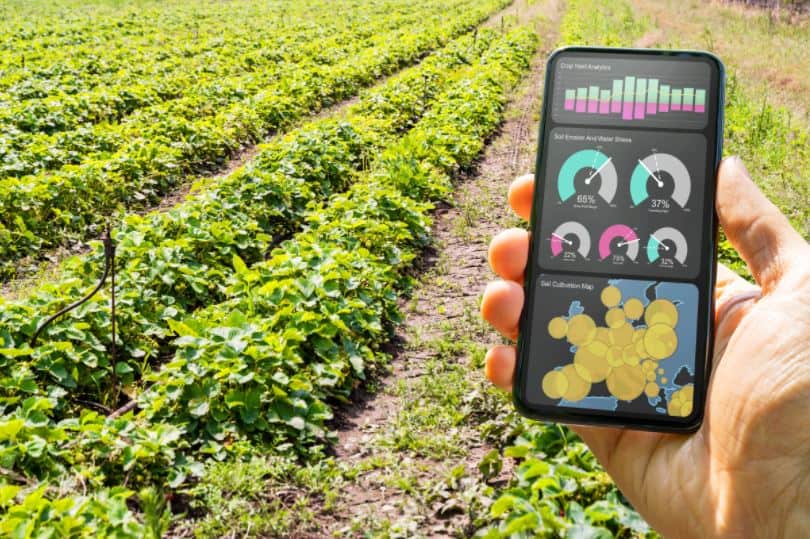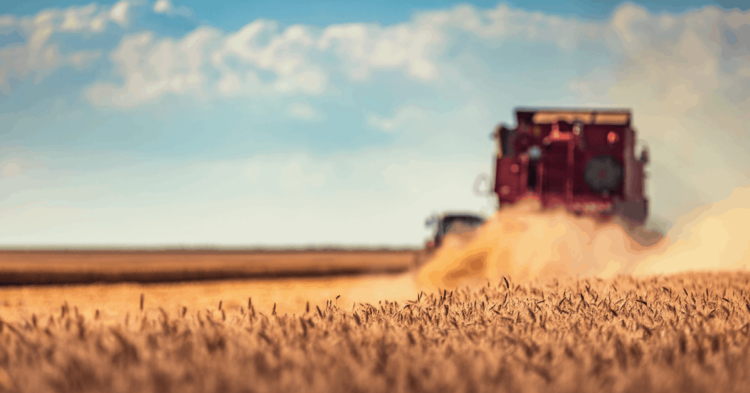Trends in Agricultural Data Collection and Analytics

While 2020 saw many industries grind to a halt in response to the COVID-19 pandemic, agriculture was not one of them.
In these times of uncertainty, one thing remains certain: people need to eat. And with demand on the rise – estimates indicate that global agricultural demand could rise as much as 70% by the year 2050 – and arable land decreasing each year, the need for disruptive technology that looks to make agricultural practices more efficient, productive and/or safe is clear.
One of the key trends in the agricultural technology (“agtech”) space in recent years is precision agriculture, the practice of using technology and data to make farming more accurate and controlled when it comes to the various aspects of growing crops and raising livestock.
Examples include using real-time data and sensors, drones, and/or satellites to ensure that nutrients, fertilizer and water are deployed exactly when and where they’re needed. Precision ag practices have the potential to reduce costs and result in fewer resources being used, as well as to reduce some of the risk to environmental health. There are currently many exciting examples of precision ag-based innovations being developed across Western Canada and those numbers continue to grow.
Clearly then, an essential element of the growth of precision agriculture is the availability of agricultural data. While there are currently a variety of precision ag hardware and digital technologies which help collect farm and field level data, and data is now being collected at the highest rate since the inception of precision agriculture, challenges remain with respect to analyzing and using the data to drive innovation on a broader basis beyond the individual farm level.
For individuals and companies looking to leverage agricultural data into further agtech innovation, two key considerations are data ownership and use rights.
In particular, while farmers’ use of hardware and technologies or agronomic services may result in a company having access to the farm and field level data of multiple producers, the company does not automatically have the right to combine or otherwise analyze that data, which is proprietary to the individual farmers. Accordingly, it will be important for companies to clearly address data ownership and use in their agreements with producers, including clearly articulating a right for the company to create and use aggregated data for future development and innovation purposes.
From a producer perspective, a key trend has been around transparency of data use by precision agriculture companies and platforms. Leaders in this area have achieved the Ag Data Transparent (ADT) seal of approval, recognizing compliance with ADT’s Privacy and Security Principles for Farm Data (the “Core Principles”).
These Core Principles were designed in response to the growth in precision agriculture and questions raised by farmers about what happens to ag data once provided to these platforms, whether these companies will use the data for their own purposes, and whether the farmer can ever get its data back. Whether or not a company pursues ADT certification, consideration of the Core Principles will also be important with respect to ag data collection and use.
Looking ahead to 2021 and beyond, ensuring that quality agriculture data is available to drive innovation will continue to be of key importance to the growth of agtech. Correspondingly, it would be a worthwhile investment for companies in the precision agriculture space to work with legal counsel to ensure they have taken appropriate steps with respect to data use rights and transparency.
Note: This article is of a general nature only and is not exhaustive of all possible legal rights or remedies. In addition, laws may change over time and should be interpreted only in the context of particular circumstances such that these materials are not intended to be relied upon or taken as legal advice or opinion. Readers should consult a legal professional for specific advice in any particular situation.



